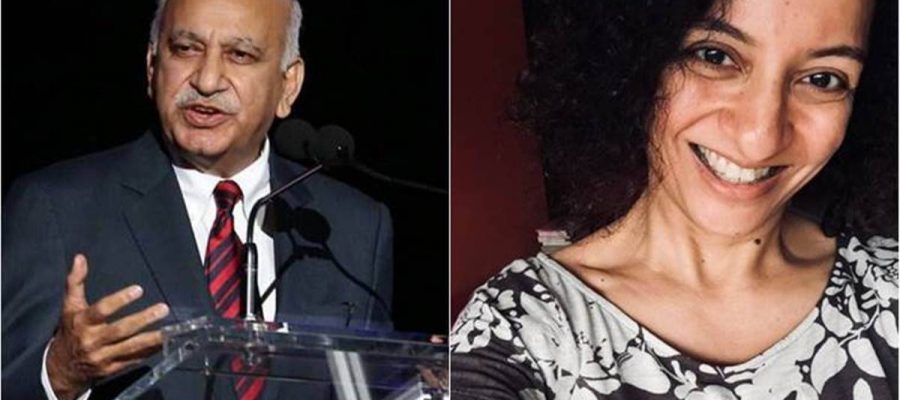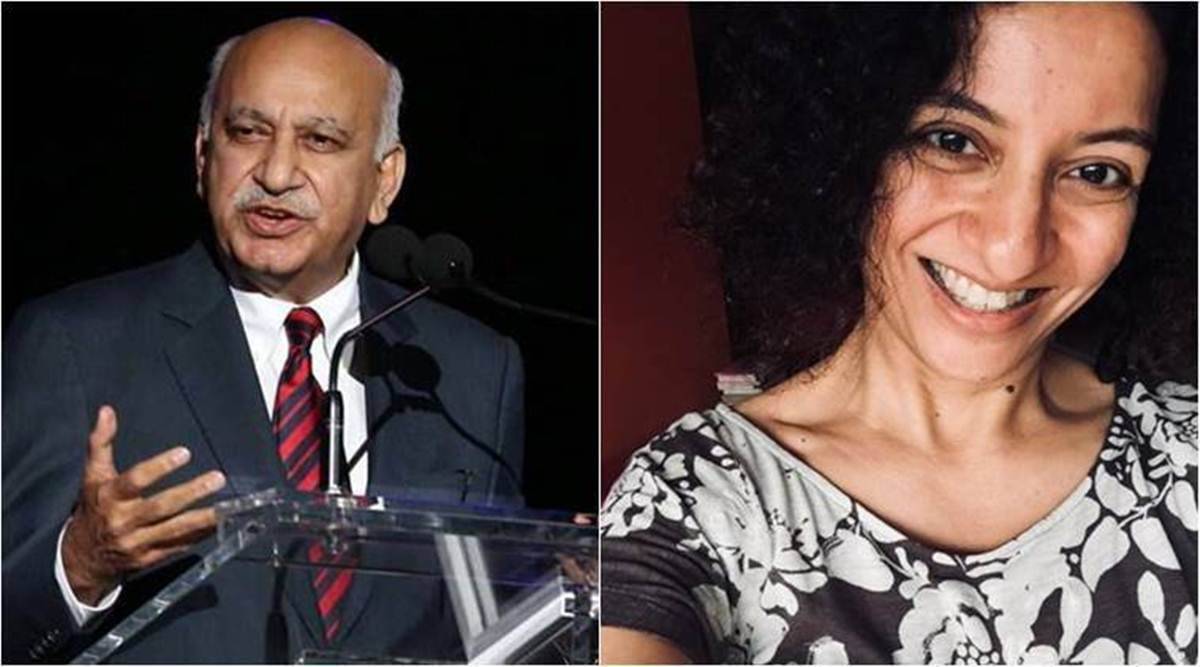M J Akbar argued in the Delhi High Court that there was no need and reason for the trial court to go into the aspect of sexual harassment, and that the judgment should have ended where the court had returned a finding in Akbar's favour.
The Delhi High Court Wednesday issued notice to journalist Priya Ramani in an appeal filed by former Union minister M J Akbar against a trial court order acquitting Ramani in the defamation case filed by Akbar after she accused him of sexual harassment.
Justice Mukta Gupta, after hearing submissions made by Senior Advocate Rajiv Nayar and Senior Advocate Geeta Luthra who represented Akbar, listed the case for hearing on January 13.
Akbar had filed a defamation case against Ramani in 2018 after she levelled sexual harassment allegations against him. A trial court had acquitted Ramani in the case on February 17 this year.
Akbar, in the criminal defamation case against Ramani, accused her of damaging his reputation by way of tweets and articles published in print media and online.
Ramani had levelled allegations of sexual misconduct and harassment against Akbar during the time the MeToo campaign had gained momentum in India.
While acquitting Ramani, Additional Chief Metropolitan Magistrate Ravindra Kumar Pandey had said the court takes into consideration the “systematic abuse at the workplace” which was prevalent due to the lack of the mechanism to redress the grievance of sexual harassment at the time of incident against Ramani and witness Ghazala Wahab.
“The court accepts the contention of the accused and the possibility of defence of the accused that she disclosed the truth regarding the incident of sexual harassment against her at the Oberoi Hotel, Bombay in December 1993 on the basis of testimony of accused DW1 and its corroboration by the testimony of DW2 Niloufer Venkatraman,” Judge Pandey said in the ruling.

“The case is under (Section) 499 (of IPC) (defamation). He finds at 147 page of judgment that they are defamatory. The judgment ought to have ended at 147. All these observations were not necessary,” Nayar submitted.
However, Justice Gupta said the trial court has noted that what Ramani has stated is right defence and could not amount to defamation in view of her defence.
“That is the first step that it is defamatory. If it is per se not defamatory, there is no need to go to the second step. The court will require to go to the second step only when it returns the finding that they were defamatory. After returning a finding that it is defamatory then the court will say that whether this was the right defence or not. The defence of the respondent was right or not, that would be the second step and then the discussion follows. How can that be the judgment would have closed at 147,” added the bench.
Source: Read Full Article


